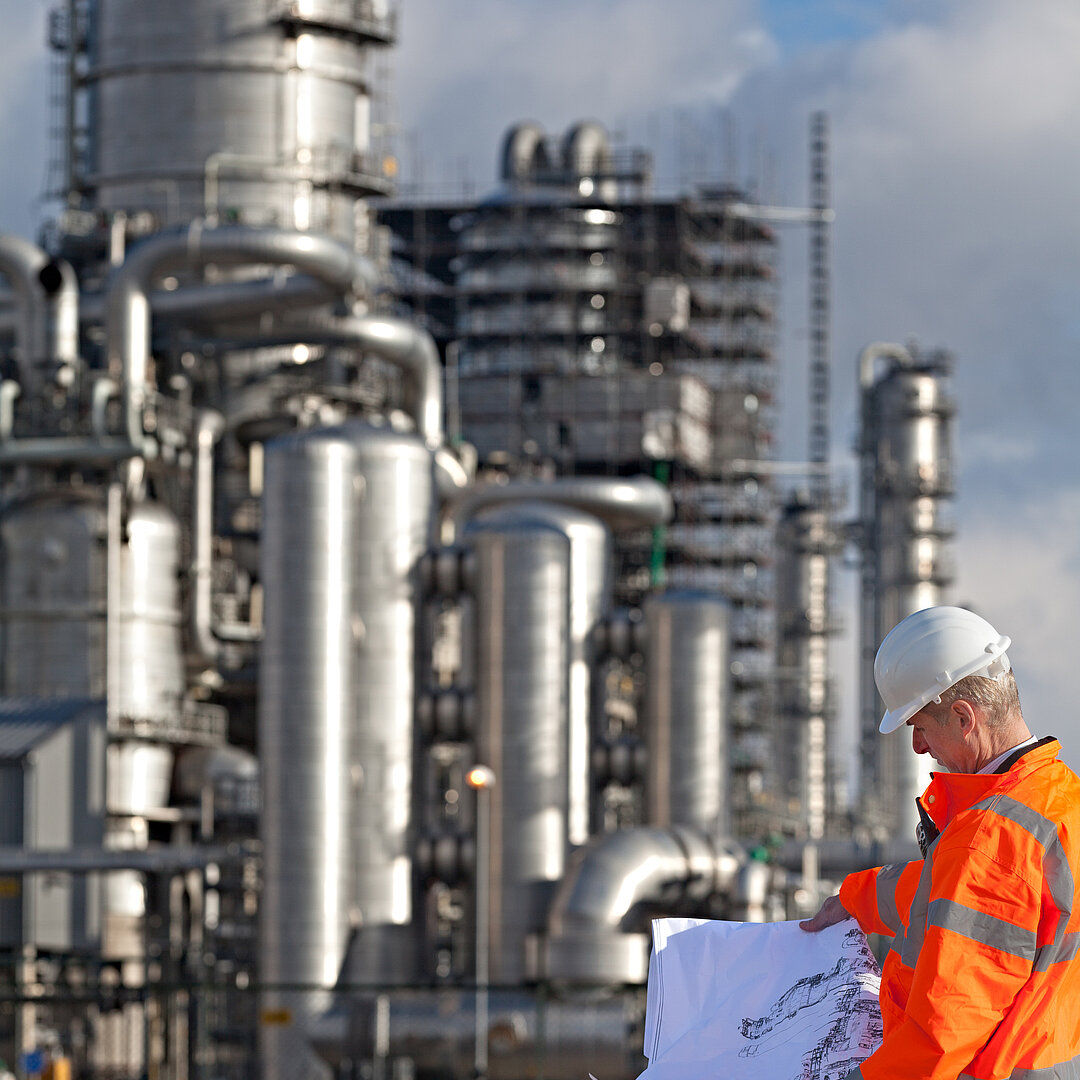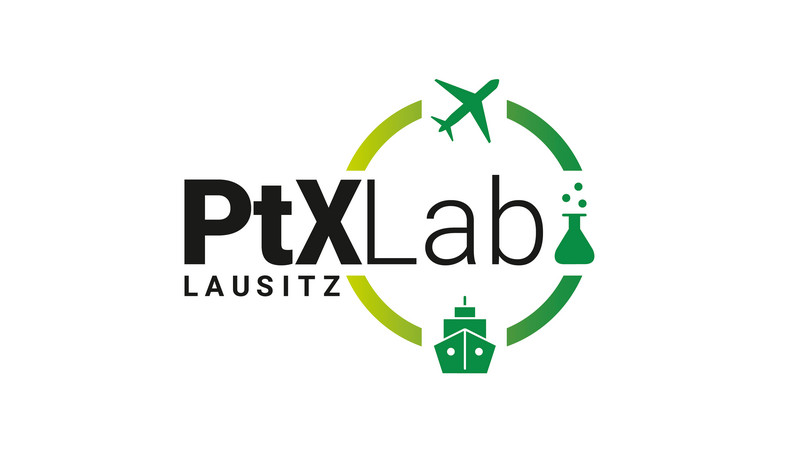Expand global hydrogen and e-fuel production for aviation and maritime transport
New Agora Verkehrswende study shows how governments can promote electricity-based fuels / Slow market introduction endangers climate targets in aviation and maritime transport / Faster progress through quota regulations and state-subsidised auctions
29 April 2025. In the face of climate change challenges and a global increase in demand for fuels, governments should take a more active role in increasing the production of electricity-based fuels, recommends the German climate policy think tank Agora Verkehrswende in a new study. The slow pace of the market introduction of sustainable Power-to-X (PtX) fuels – hydrogen and e-fuels produced using renewable electricity – is threatening climate protection efforts in international aviation and maritime transport in particular. A combination of quota regulations, which ensure demand, and state auction mechanisms for producers and buyers is best suited to stimulate supply and demand in these areas politically.
“The use of electricity-based fuels in aviation and maritime transport must be accelerated as a matter of urgency”, says Wiebke Zimmer, Deputy Executive Director of Agora Verkehrswende. “This is because there are hardly any opportunities to switch from fossil fuels to direct electric propulsion. With more political ambition, the use of hydrogen and e-fuels in transport can be rapidly increased while ensuring economic viability.”
The biggest current obstacle to widespread use is the price difference between expensive PtX fuels and still cheap conventional alternatives. This leads to a stalemate: potential buyers, accustomed to buying cheap conventional fuels at short notice, are hesitant to enter into long-term purchase agreements for more expensive PtX fuels. As a result, manufacturers would have no certainty that their products would find a market. This would prevent investment in production and at the same time restrict the flow of capital. ”Clear and enforceable regulations that promote the introduction of PtX fuels are essential to boost market participants’ confidence“, Zimmer says.
Quota regulations could provide certainty of demand by specifying a PtX fuel admixture in a fixed percentage. However, quotas alone are not enough to drive the market ramp-up, as they do not guarantee long-term price stability, which is essential to attract major investments. To address this problem, governments should introduce or expand market-based measures, such as double auction mechanisms. In these, state-backed intermediaries conclude long-term offtake agreements with producers and offer buyers PtX fuels at subsidised prices. This creates reliable conditions for all market participants. The auctions could be financed with revenues from CO2 pricing mechanisms or a special levy on conventional fuels.
International comparison shows different levels of ambition
Agora Verkehrswende has analysed and compared regulatory and market-oriented policy measures in eight countries and areas – Brazil, the European Union, Germany, India, Japan, South Africa, the United Kingdom and the United States. The political ambitions vary widely. All the countries examined in the study are aiming to use hydrogen and e-fuels in the transport sector, particularly in shipping and aviation. However, the emerging markets have so far mostly adopted non-binding regulations in this area. Brazil, India and South Africa have the potential to become not only important production centres for PtX fuels, but also significant demand markets due to their rapidly growing fuel consumption.
The EU, Germany and the United Kingdom have introduced the most ambitious and comprehensive policy frameworks, according to Agora Verkehrswende. In addition to a comprehensive hydrogen economy strategy and sustainability standards, these include binding regulatory measures, such as blending quotas, as well as market-based incentive measures, such as carbon pricing and auction systems. Despite these measures, electricity-based fuels are still at a very early stage of market introduction in the three countries and areas. This underlines the need to expand financial support for auction mechanisms, according to the think tank.
International cooperation is essential
Finally, for global climate neutrality, it is essential to coordinate political measures for the expansion of electricity-based fuels internationally. A successful global ramp-up requires the harmonisation of sustainability standards and the implementation of measures, such as quotas and CO2 pricing, in a large number of countries. International support is crucial for emerging markets – not only for capacity building, but also for the development of domestic value creation that is not exclusively geared towards exports.
Notes for editorial offices
The study ‘Scaling Power-to-X-Fuels in Transport’ (in English) is available for download free of charge here. The project was supported by the International PtX Hub, an international knowledge and exchange platform to promote the market development of sustainable PtX.



